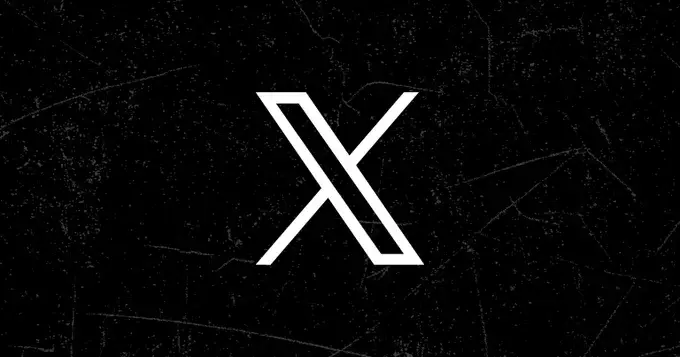The narrative around Elon Musk’s social media platform, X (formerly Twitter), has taken a strange turn following the European Commission’s recent ruling concerning its status under the Digital Markets Act (DMA). This ruling has been framed by Musk and his supporters as a triumph for innovation and free speech. However, a closer examination reveals that the implications of this decision may not be as favorable as they initially appear.
The European Commission has asserted that X does not fulfill the criteria necessary to be designated as a “gatekeeper” platform. The DMA outlines that certain major platforms must adhere to rigorous obligations aimed at fostering fair competition within the tech industry. Such obligations include the requirement for these platforms to allow interoperability with third-party systems and offer businesses access to their generated data. By failing to meet these requirements, X is effectively exempt from regulatory burdens that are designed to ensure a level playing field for smaller competitors.
To put it simply, the European regulators have recognized that X lacks the market influence necessary to warrant these additional regulations. They established that the platform does not have a significant impact on the internal market, does not serve as an essential gateway for businesses to engage with users, and fails to maintain an entrenched market position. This raises questions about whether Musk’s leadership is truly steering X in a direction of growth and relevance.
The evidence supporting the European Commission’s conclusion is hard to ignore. Reports indicate a significant reduction in X’s user base, with 105 million monthly active users in Europe—a 12 million decrease since August 2023. This decline is alarming when compared to its competitors such as Meta and TikTok, which boast 250 million and 142 million monthly active users in the EU, respectively. The discrepancy atop these figures not only highlights the dwindling appeal of X but also underlines its faltering influence within the tech landscape.
This trend raises an essential question about Musk’s strategic vision for the platform. With advertisers increasingly pulling away from X amid criticisms over content moderation and other operational challenges, the platform’s relevance seems to be in decline. As X appears to struggle to reclaim a significant footing in the social media landscape, the refusal by EU regulators to classify it as a gatekeeper brings to light a critical dilemma: Is the platform indeed on a downward trajectory?
Interestingly, while Musk touts this decision as a victory against European bureaucracy and a bolster for free speech, the reality reflects a more complex picture. This perceived win signifies not just freedom from regulatory scrutiny but also an admission of mediocrity. The exemption from meeting gatekeeper requirements does not illuminate the platform’s strengths; instead, it emphasizes its lack of competitive stature.
It’s troubling to witness how political narratives can overshadow practical implications in tech discourse. Musk’s attempt to frame the EU’s ruling as a validation of his commitment to innovation and individual expression fails to address the underlying issues that implicate X’s sustainability and relevance. The platform’s diminishing user count and mounting operational issues suggest that it may require more than just defiance against regulations to thrive in a competitive market.
As X continues to navigate its landscape without the stringent oversight that is required of its larger competitors, the challenge will be to reverse the slide in user engagement and attract advertisers once again. Preserving a competitive edge amidst declining influence demands a reevaluation of strategies that focus on addressing the needs of its user base and overcoming the current negative perceptions that seem to plague the platform.
While there may be a superficial allure to Musk’s portrayal of the European Commission’s ruling as a triumph for free speech, it obscures a far deeper concern regarding X’s place in the digital ecosystem. Without a strong market position and a proactive approach to user engagement and regulatory compliance, this “victory” could very well become a footnote in the story of a platform that seems to be losing its way under Musk’s management. The truth is not just what you make it; it is also shaped by the broader impacts and implications of your platform’s presence in a rapidly evolving market.


Leave a Reply